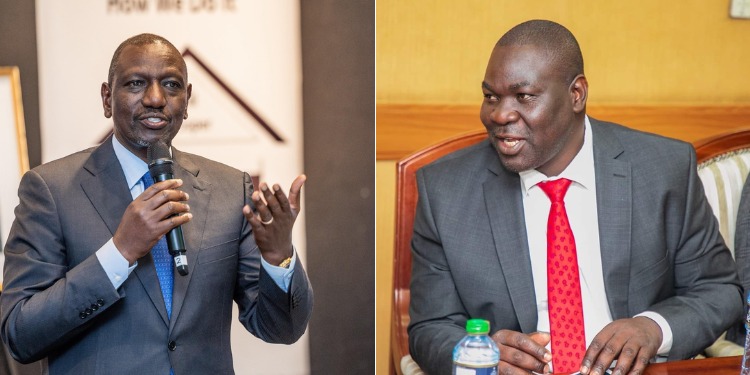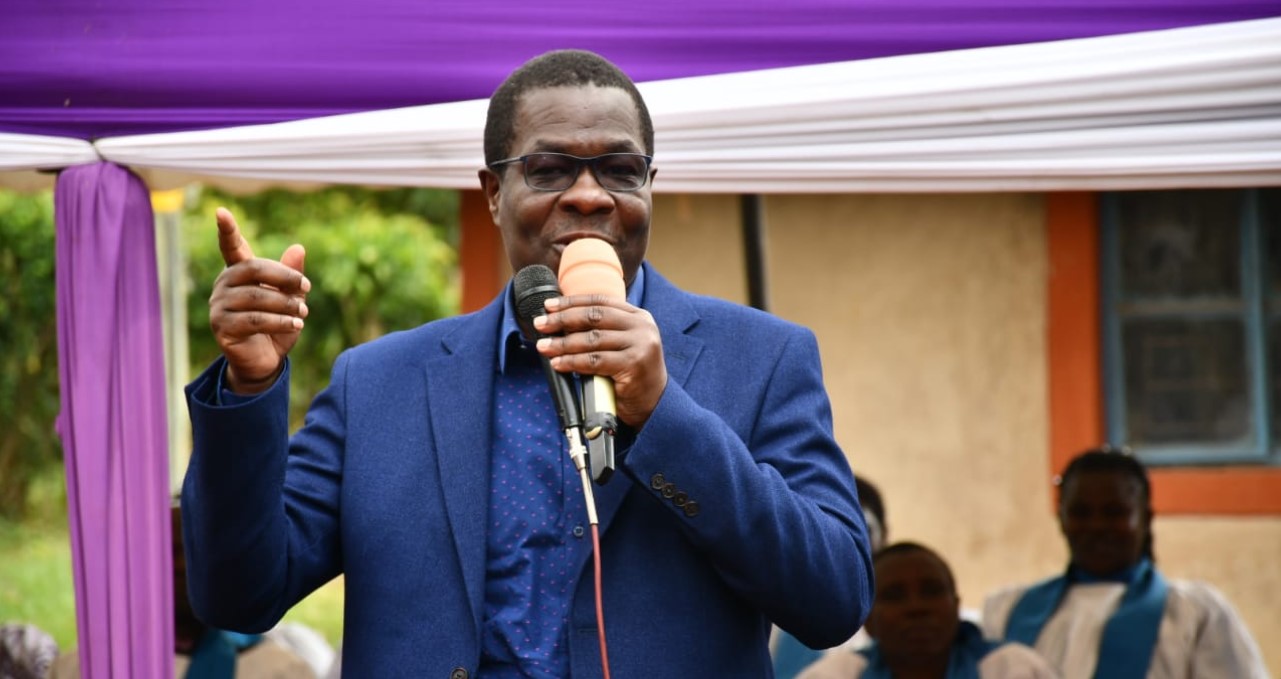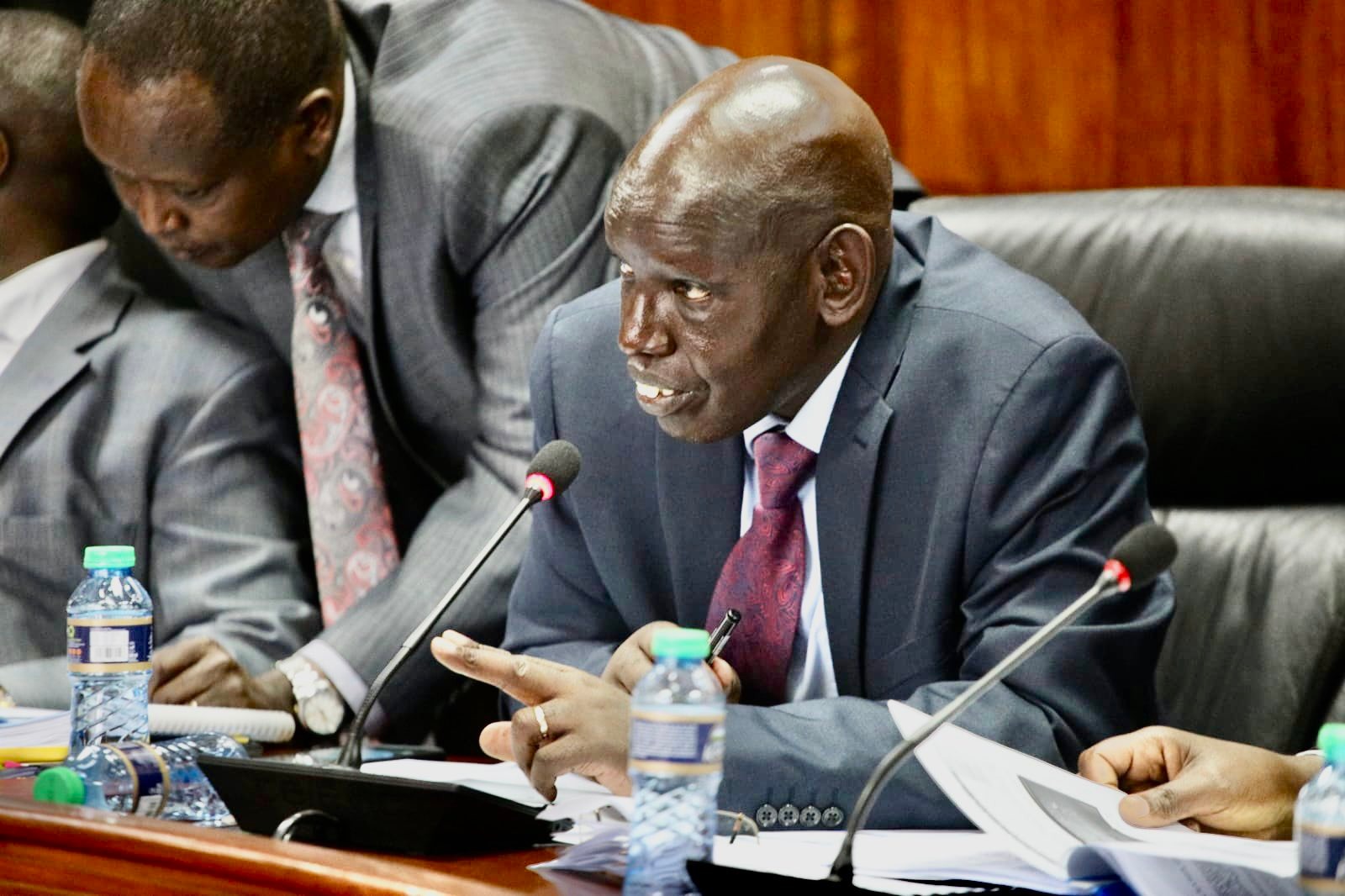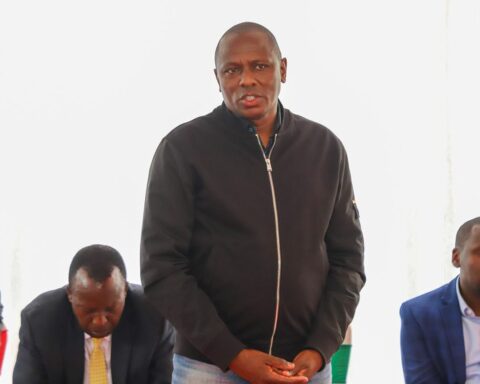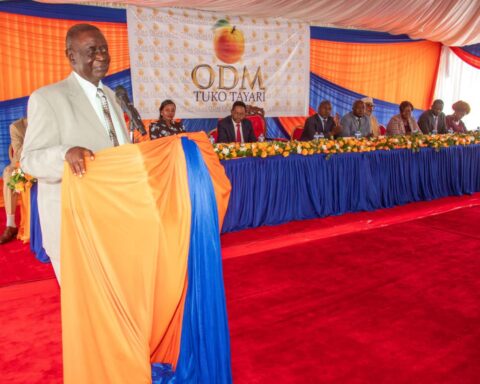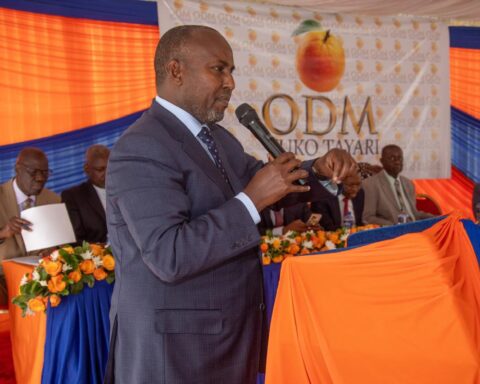Unexpectedly, Duncan Oburu Ojwang, a lawyer and legal scholar, has refused to accept President William Ruto’s appointment as the new chairperson of the Kenya National Commission on Human Rights (KNCHR).
In a letter addressed to National Assembly Speaker Moses Wetang’ula on Tuesday, August 13, Ojwang cited personal reasons and a conflict of interest as the basis for rejecting the appointment. His decision came just a day before his scheduled vetting by the National Assembly’s Departmental Committee on Justice and Legal Affairs.
“In light of the foregoing, the Departmental Committee on Justice and Legal Affairs is directed to cease any further consideration of the nominee,” Wetang’ula informed MPs, further instructing the Clerk of the National Assembly to notify the appointing authority immediately.
Ojwang’s nomination, announced on August 5, had already been clouded by legal challenges. The Katiba Institute and the Kenya Human Rights Commission (KHRC) had filed petitions in court opposing his appointment, arguing that it violated Kenya’s constitutional and statutory requirements on gender representation.
Their contention was rooted in Article 250(2) of the Constitution and Section 1(6) of the Second Schedule of the KNCHR Act, both of which stipulate that the chairperson and vice-chairperson of a constitutional commission must not be of the same gender. With the current vice-chair, Raymond Nyeris, being male, the petitioners claimed Ruto’s nomination of Ojwang was unconstitutional.
Ojwang, who was among six candidates shortlisted from 17 applicants in May, is widely respected in academic and legal circles. He served as Dean of the School of Law at Africa Nazarene University between 2017 and January 2023 and has lectured extensively at the University of Nairobi, specialising in constitutional law, human rights, environmental law, and law and development.
His withdrawal leaves the position vacant once again, setting the stage for a renewed search for a candidate who can navigate both the political scrutiny and the legal requirements of leading one of Kenya’s most influential human rights institutions.
